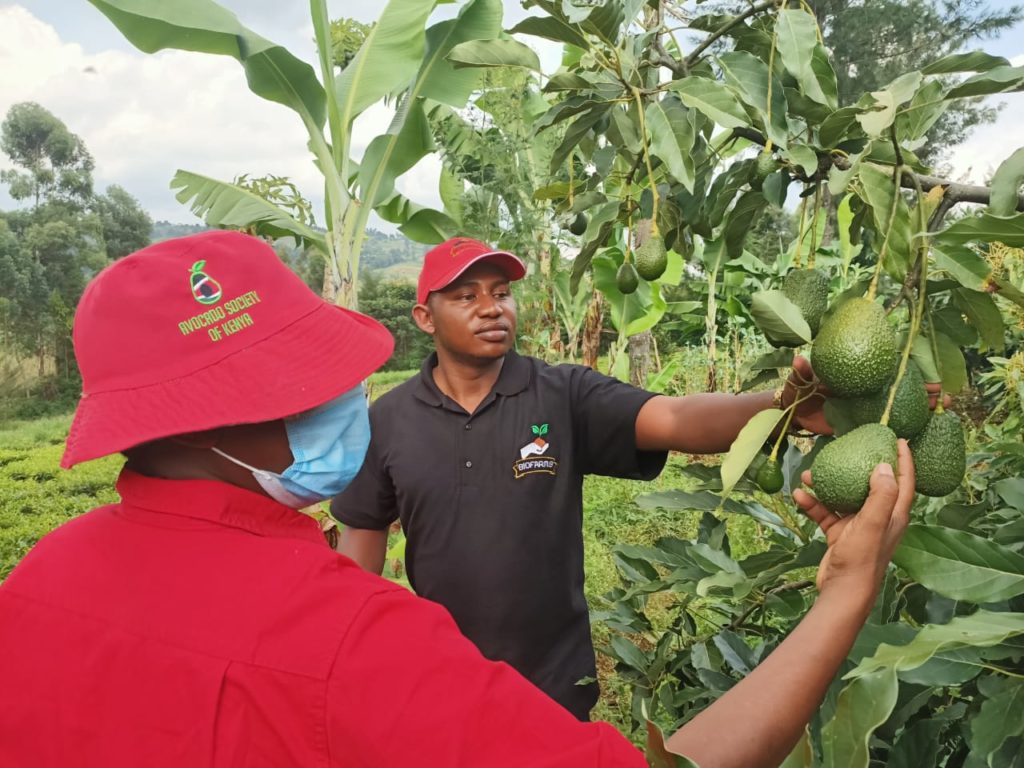There’s a quote that states, “The food you eat can either be the safest and most powerful form of medicine or the slowest form of poison.” You may have a different opinion, but one thing is constant, you are what you eat. With the technological leap today, ordering a meal
from a restaurant is as simple as touching a button or clicking on a widget. And as more people get hooked to their desks, farmers are sweating it to match the demand for yummy products. Hence, more fresh food farming practices are getting replaced by cultivation using synthetic chemicals to increase production.
Organic farming takes a different approach to production. Organic agriculture is a method of crop or livestock production without the use of pesticides, genetically modified organisms, fertilizers, or growth hormones. The aim is to maintain long-term soil fertility by optimizing biological processes in the soil and produce healthy organic products.
Why Organic Agriculture in Kenya?
The main reasons Kenyan farmers should embrace organic agriculture in Kenya are:
- To minimize or eliminate all forms of pollution that result from agricultural practices.
- To maintain soil fertility
- To ensure there’s a production of high nutritional quality food in unlimited quantity
- There are numerous opportunities in the market, both locally and abroad.
5 Things You Need to Know Before Starting Organic Agriculture in Kenya
1: Land
• Cultivating crops using organic farming is viable provided you have space in your
compound. The size of the land required will depend on your target clientele and
vision. Other reasons like whether you are planting the crops for personal or
commercial use are also determiners. It’s a rule of thumb that your needs should
match the land you choose to do the farming on.
2: Learn
• You should engage yourself in conversations with local farmers near you. They are a
great resource of valuable information that will help you avoid mistakes as you
begin your journey. You will also equip yourself with tips that may save you time and
money. Investing in learning about this form of farming is beneficial in the long run.
3: Identify your site
• The site you choose should be strategic to the primary and key needs like water and
manure. Failure to do so could mean more cost in delivering those resources to the
site. The proximity of the organic farm to your target clients is also an important
factor to consider. If the clients are near, they can collect the products for
themselves and save you on transportation fees.
4: Native Crops
• Find out which crops do best in the region you pick. Before you try other types of
crops, study and seek assistance in assessing that crop’s soil and climatic
conditions requirements.
5: Understand your potential market
• Before you identify the crop you want to farm, do thorough research on the
potential of local or markets abroad. This will be your blueprint.

